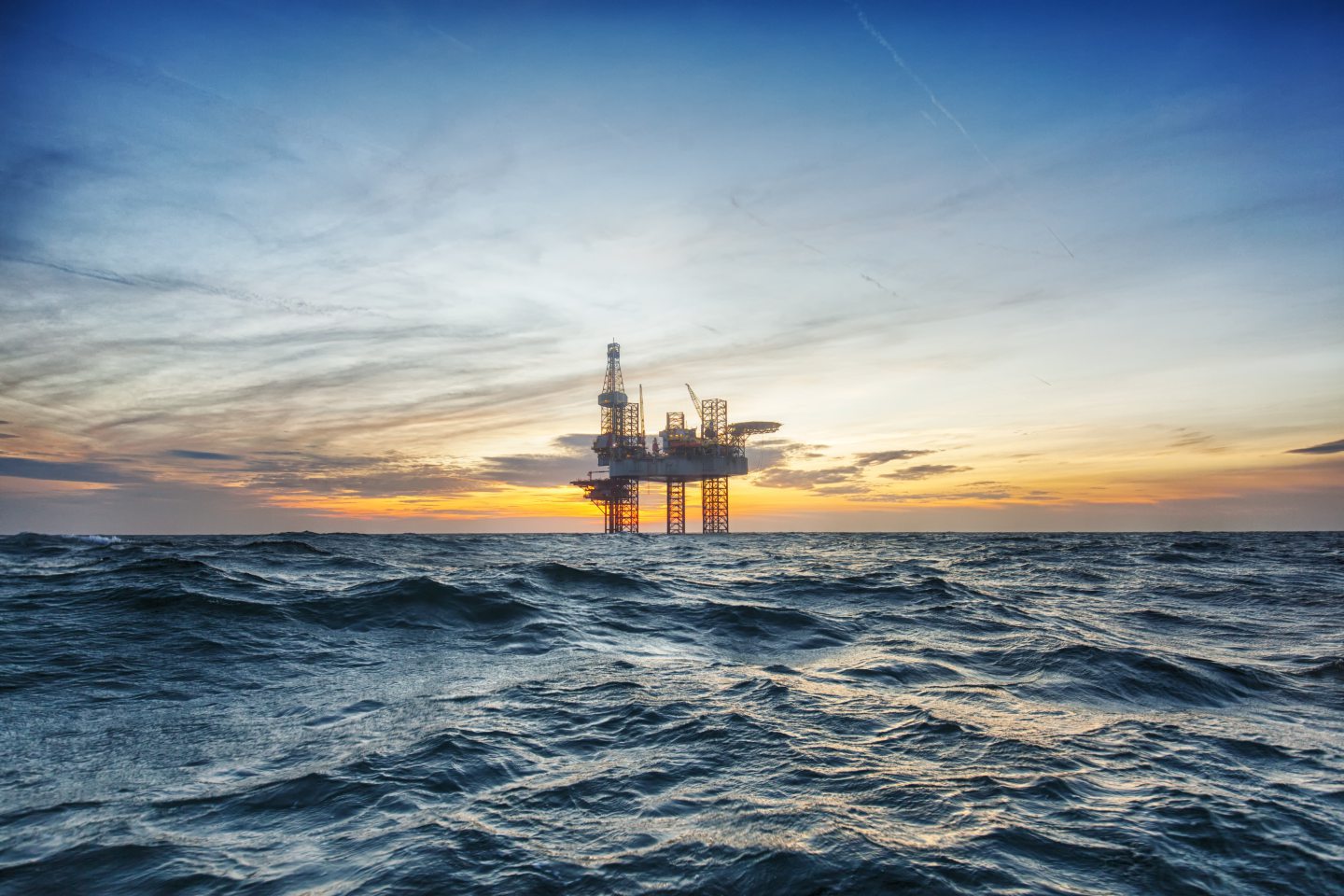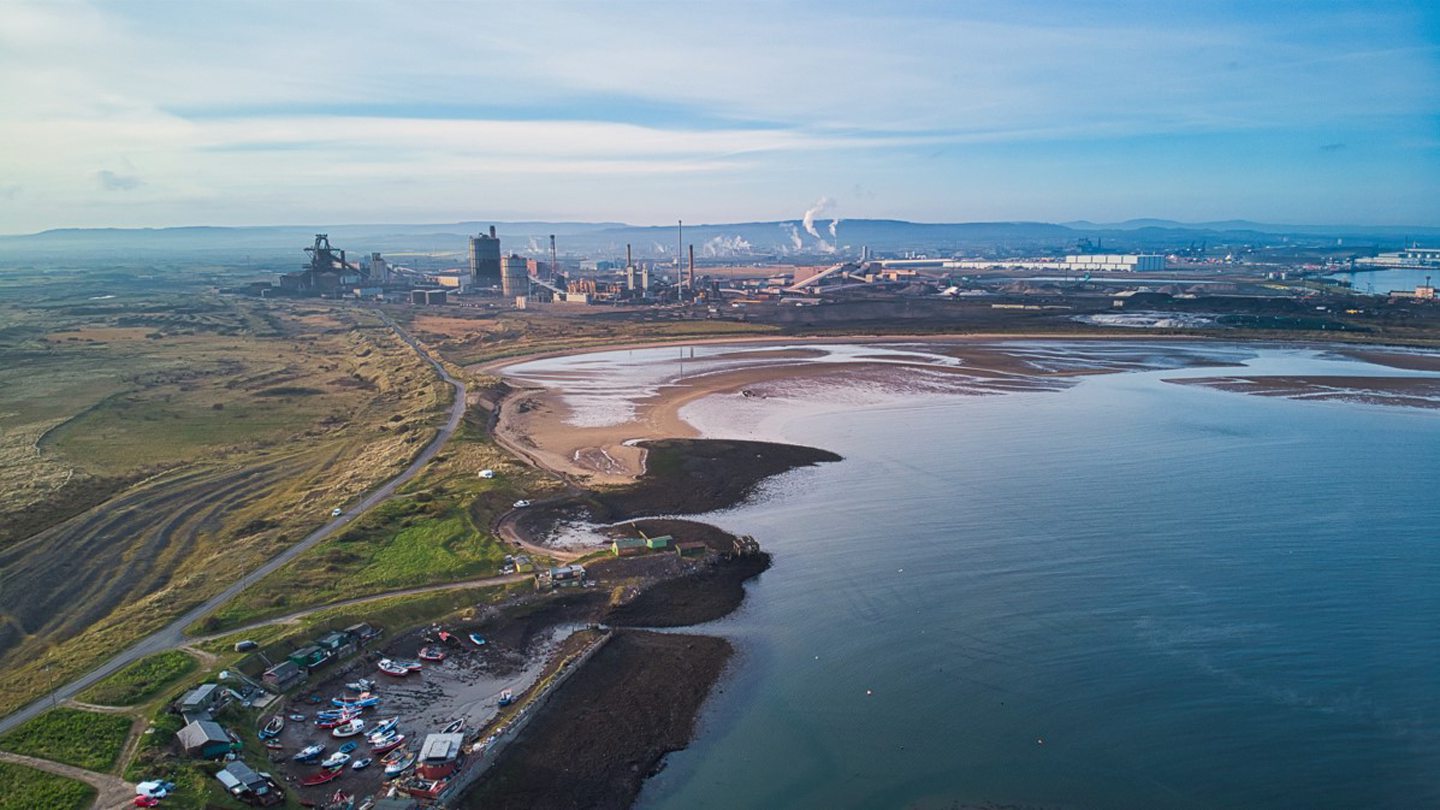UK multinational Ineos has signed a deal with a Swedish firm to store up to 210,000 tonnes of carbon each year at its Greensand offshore storage facility in Denmark.
The deal with energy company Öresundskraft will see emissions from an energy-from-waste plant in Sweden stored at the Nini field in the Danish North Sea.
Ineos said it expects to store the first CO2 volumes at the Greensand project from 2028.
But while Ineos is advancing its first CCS project in Denmark, similar plans centred on the Grangemouth industrial complex it co-owns in Scotland have stalled.
Project Greensand CCS
Ineos and Greensand partner Harbour Energy reached a final investment decision (FID) on the Danish carbon capture and storage (CCS) project in December last year.
The $150 million (£114m) investment came after the Greensand project completed a world first pilot phase, which involved the first cross-border transport of captured CO2.
Öresundskraft chief executive Stefan Håkansson said the agreement with Ineos is an “important milestone” for the company.
“Connecting Swedish carbon capture with Danish storage infrastructure highlights the importance of international cooperation in reaching climate goals,” he said.
The project has received €54m (£47m) in funding from the EU, and the Greensand operators expect to receive CO2 shipments from multiple European countries.
Ineos Energy Europe chief executive Mads Weng Gade said CCS will be “essential” if Europe is to meet its climate targes.
“This agreement with Öresundskraft demonstrates how industrial players in different countries can work together to build scalable, international CCS value chains,” he said.
European carbon capture and storage
Ineos said it expects its Greensand facility will become the EU’s first operational CO2 storage facility aimed when it begins full operations late this year.
The Grangemouth co-owner said the investment at the Nini field has led to investments exceeding 1 billion DKK (£115m) across the Greensand CCS value chain.
The deal with Öresundskraft comes shortly after developers in Norway reached FID on the second phase of the Northern Lights CCS project.
North Sea operators Equinor, Shell and TotalEnergies have partnered on the Northern Lights project, which also plans to store CO2 from industrial emitters across Europe.
As the Greensand and Northern Lights projects in Norway and Denmark continue to progress, there are concerns the UK is falling behind in the race to secure CO2 shipments.
UK carbon capture progress
While early stage UK CCS projects are largely focused on decarbonising British industry, future projects are looking to international CO2 shipments as a way to boost revenues.
While Norway and the UK in particular are collaborating closely on CCS, slow progress on aligning with EU policies following Brexit has made it harder for the UK to secure bilateral agreements with large emitters like Germany.
The regulatory delays even led to one Scottish firm making the “ludicrous” decision to store CO2 emissions in Denmark, rather than the UK.
But despite the slower than expected progress, the UK government has made significant advances in developing a functioning CCS sector in recent months.
In December last year, the UK awarded its first ever carbon storage project to a BP, TotalEnergies and Equinor joint venture project in Teesside.
The permit came after the Labour government confirmed a £22bn investment in CCS clusters in Teesside and Merseyside last year.
But the industry is still waiting for confirmation of similar government support for two other North Sea CCS projects in Scotland and the Humber.
The backers of Scotland’s Acorn project, which is centred on the Ineos co-owned Grangemouth facility, have urged Labour not to neglect CCS amidst a boost in defence spending.



 © Supplied by INEOS
© Supplied by INEOS © Supplied by Equinor
© Supplied by Equinor






